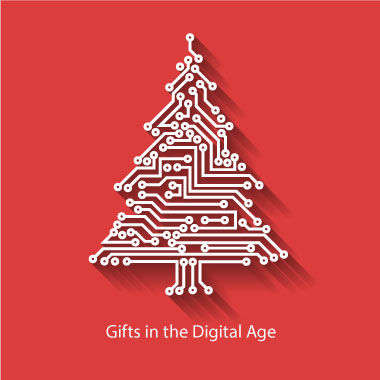
Computer technology used to be intimidating, novel, and pretty much non-essential in our lives when I was growing up in the 70s and 80s. Today, the ubiquity of technology shows how it has been marvelously adapted to our needs and wants, becoming essential to our lives. However, I sometimes think that, at some point, we have adapted ourselves to technology more than the other way around. This is true, in my case, with my frequent use of the Global Positioning System (GPS) app. I used to be able to just glance at a Thomas Guide map and find my way to my destination and return back on my own. And on my next trip to the same destination, I wouldn’t even need a map since my mental GPS had already stored its location. Nowadays? I still can’t find my way to my doctor’s office that’s only a city over without my GPS after all these years! It’s true I only see her once or twice a year and never took notice of the street signs and directions since there was no need, but it shows how I have buried my inner GPS ability due to my reliance on my phone’s GPS app. I see how plausible those funny stories I read about the people who actually drove into lakes and storefronts because of un-updated GPS system could be.
Last year, John O’Keefe, May-Britt Moser, and Edward I. Moser won the Nobel Prize in medicine for their work on the cells that form our brain’s GPS system. Their research has important future implications in Alzheimer’s research because of the parts of the brain those cells lie in the hippocampus and the entorhinal cortex where they are broken down early on in Alzheimer patients. It also pinpoints “a cellular basis for higher cognitive function,” the Nobel Assembly said. Thus, I wonder if my decreased usage of my inner GPS system would have an impact on my cognitive abilities later on in my life.
In other case, I believe that I am more aware and mindful due to apps that have reminders mainly because I’ve never been focused and mindful of birthdays, meetings, and scheduling to begin with. Everyday, I anticipate a reminder of some sort and look at my phone to check if I don’t hear the reminder bell. I am also able to check my calendar more frequently since my phone is always easily accessible. I used to be the one who’s frequently late and forgetful of meetings and meaningful days despite carrying around an agenda notebook, but not anymore thanks to technology.
This year, I noticed a huge increase in gadgets and apps that are aimed at improving our healthy mind and body. However, I wonder whether some of them would actually demote our innate ability to mindfully self-care and self-monitor. Would our minds actually adapt to technology and simply react rather than the technology helping our minds become more robust and proactive? I think the answer is a very personal one. For some, it may have tremendous benefits, but for others it may encourage the loss of one’s own ability.
Below are some of this year’s gadgets and apps that are promoted as great holiday gifts that encourage a healthy and improved lifestyle, and I think one should deeply consider whether it’s a want or a need before purchasing one 🙂
